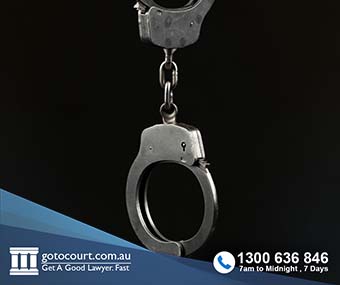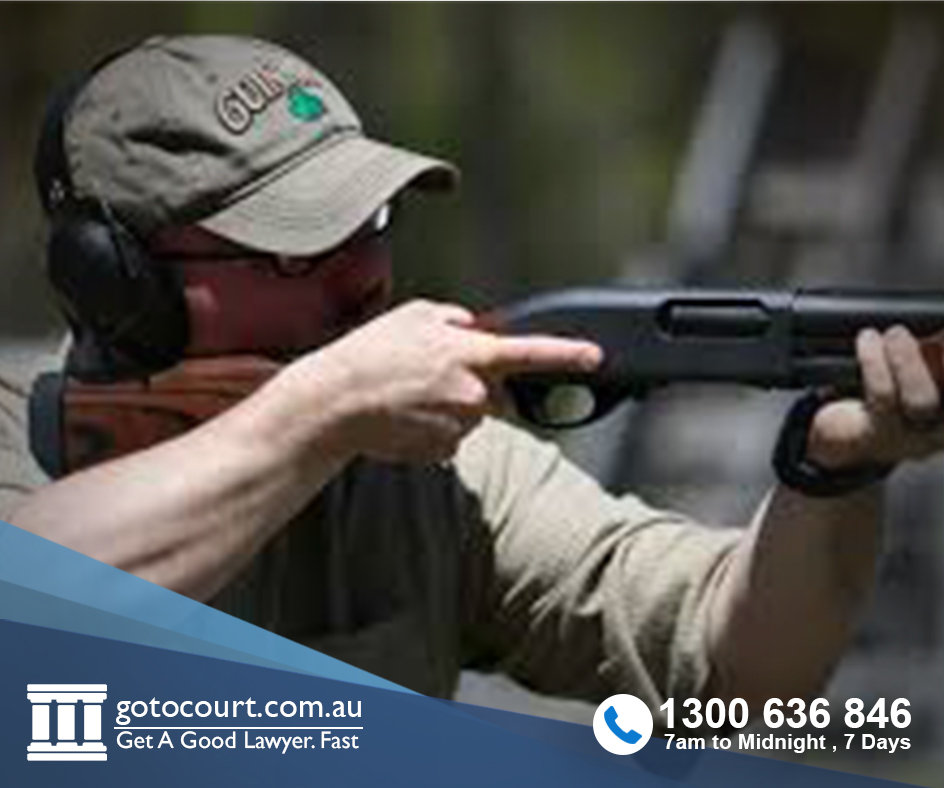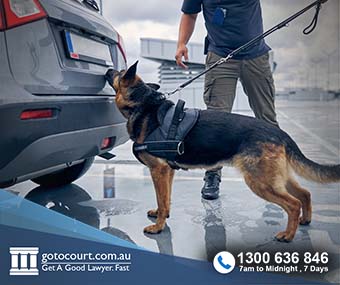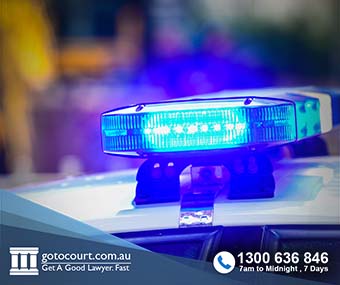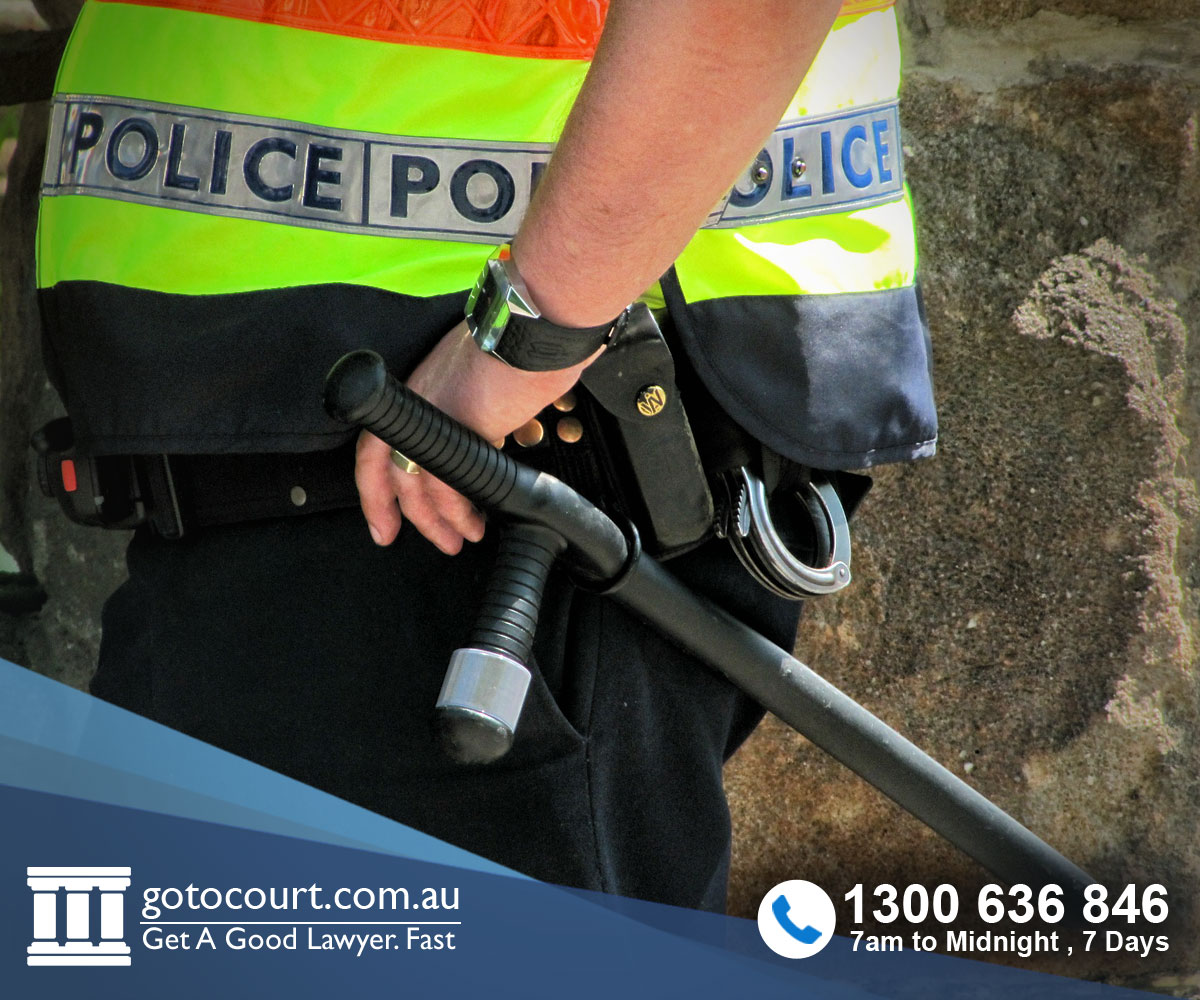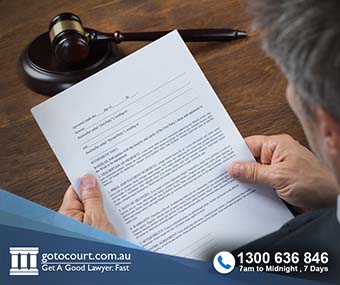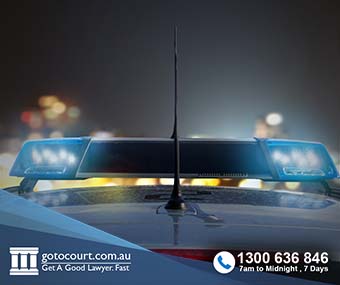Call our lawyers
now
or,
have our lawyers
call you
Search Warrants in Western Australia
Updated on Dec 07, 2022 • 7 min read • 695 views • Copy Link
Search Warrants in Western Australia
A search warrant is a written authority allowing police to enter premises. It is needed when the police or another public officer wishes to search premises and do not otherwise have the power to enter, or if they are refused entry by the occupant or owner of the premises. An application for a search warrant can be made to a Magistrate or Justice of the Peace and must be executed before the date on the warrant.
WA legislation authorising Search Warrants
In Western Australia, the main legislation governing search warrants is the Criminal Investigation Act 2006. Other legislation with provisions about search warrants includes the Misuse of Drugs Act 1981, Criminal Property Confiscation Act 2000, Firearms Act 1973, and the Weapons Act 1999. Warrants can also be issued in Western Australia for Commonwealth offences under the Crimes Act 1914. A warrant can be executed only between 6 am and 9 pm unless a person is likely to be endangered if it is, or if its effectiveness may be jeopardised. However, a warrant under the Misuse of Drugs Act, can be executed at any time during the 30 days that it is effective.
Searches without a search warrant
In Western Australia, police have the power to enter and search a place or vehicle without a search warrant where consent has been given by the occupier of the premises, or in certain other circumstances. If there is someone present when they attend to search then the police must identify themselves, say under what authority to search they are there, why they are searching, and give the occupants a chance to consent. Police do not have to make these statements if they believe that it will endanger any person, jeopardise the purpose of the entry, or jeopardise the effectiveness of the search. An example is where the police believe that a person is committing or has committed domestic violence, or any other violent offence.
The police can enter and search to see if any person is in need of assistance, look for any weapon or anyone they think may have a weapon, and seize anything relevant to the offence. Further, if someone is arrested for a serious offence, (an offence that has a maximum penalty of five years or more in jail), police can also enter and search the place where they were arrested, or a where they left from just before being arrested, and search for evidence of the offence, or for any victim of the offence. Police can enter and search without a warrant to arrest someone who they believe has committed a serious offence or if they otherwise have an arrest warrant. They can also enter any place other than a dwelling to look for a person who has anything relevant to an offence and if, while looking, they find anything relevant to any offence, they can seize it as evidence.
Applications for a search warrant
An application for a search warrant must identify the premises that the police wish to search and set out the reasons that they have for believing that they will find evidence on those premises. The police must satisfy the Justice of the Peace that they have reasonable grounds to believe that there is, or there will be, the person or things sought in the warrant. The offence that they believe has occurred, or will occur, must also be identified in the application and on the warrant. The warrant must state the time during which it can be executed, which cannot be more than 30 days from the date the warrant was issued.
Commonwealth Search Warrants
Commonwealth search warrant applications must be made to a Magistrate, Judge, or authorised justice. They are issued for offences that are under commonwealth law. They authorise a search for evidence of an offence that has or is believed will be committed. The search warrant must be executed by midnight on the 7th day after it is issued. If the police officers believe that they need to be armed when they do the search, they must ask the issuing justice to authorise that.
Executing a Search Warrant
To “execute” a search warrant means to carry out the search stipulated in the search warrant. When executing a search warrant, the police must first identify themselves, then say that they have a search warrant and that they are there to conduct a search. A copy of the warrant must be given to the occupier of the premises. The occupier must be allowed to observe the search unless to do so might cause a danger to any person, or if they are likely to obstruct the search, or if it is impractical to allow it. If the place is unoccupied, then a notice showing the police officer’s details and that the place was entered must be displayed in a prominent position together with a copy of any warrant. If possible, a video of the search must be made. Police do not have to do these things if they believe that doing so may place any person in any danger or if it might jeopardise the purpose of the entry to the place or the effectiveness of the search.
Use of force
If the police have a search warrant and have demanded entry then they are allowed to enter the premises. If entry is refused, they are able to use reasonable force against anything or any person to enter and search the premises. It is a criminal offence to try to prevent a search under a search warrant.
Searching people
When police attend with a search warrant, they can do a basic search or a strip search of anyone who is there. They can remove as much of a person’s clothing as they believe necessary to the investigation, search clothes and search the inside of the mouth. If a strip search involves the removal of clothing or a search of a person’s private parts, the searcher must be a person of the same sex as the person searched, or be a doctor or a nurse. Any person present during the search must also, if possible, be of the same sex. The number of people present must be limited to the number necessary to ensure the search is carried out safely and effectively. Strip searches must be carried out in private. If the offence is a drug offence, then the search must be carried out by someone of the same sex, or by a doctor. For Commonwealth warrants, the issuing justice must agree to authorise a search of people at the time that they apply for the warrant.
Failure to follow correct procedure
If the procedure for the issue and execution of the search warrant has not been properly followed, then a Court may rule that the warrant and search are invalid. If that occurs, then the evidence collected was collected unlawfully and the court may refuse to admit it for the purposes of a hearing. An invalid search warrant may also mean that the occupiers or owners of the premises searched may have a legal claim against the police for damage, trespass, assault, unlawful arrest or for the return of the seized goods.
If you require legal advice or representation in any legal matter, please contact Go To Court Lawyers.


Affordable Lawyers
Our Go To Court Lawyers will assist you in all areas of law. We specialise in providing legal advice urgently – at the time when you need it most. If you need a lawyer right now, today, we can help you – no matter where you are in Australia.How It Works








1. You speak directly to a lawyer
When you call the Go To Court Legal Hotline, you will be connected directly to a lawyer, every time.


2. Get your legal situation assessed
We determine the best way forward in your legal matter, free of charge. If you want to go ahead and book a face-to-face appointment, we will connect you with a specialist in your local area.


3. We arrange everything as needed
If you want to go ahead and book a fact-to-face appointment, we will connect you with a specialist in your local area no matter where you are and even at very short notice.



